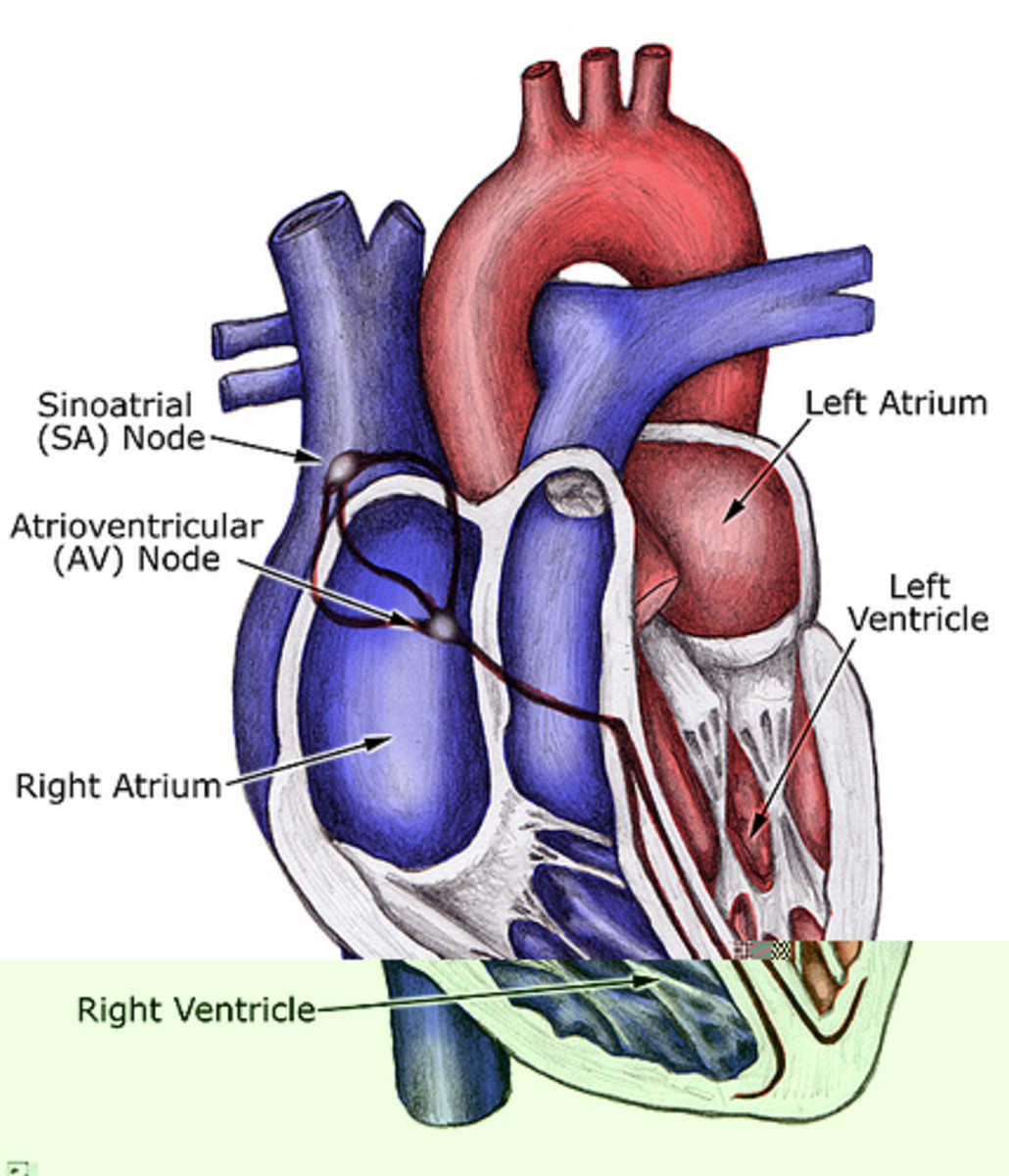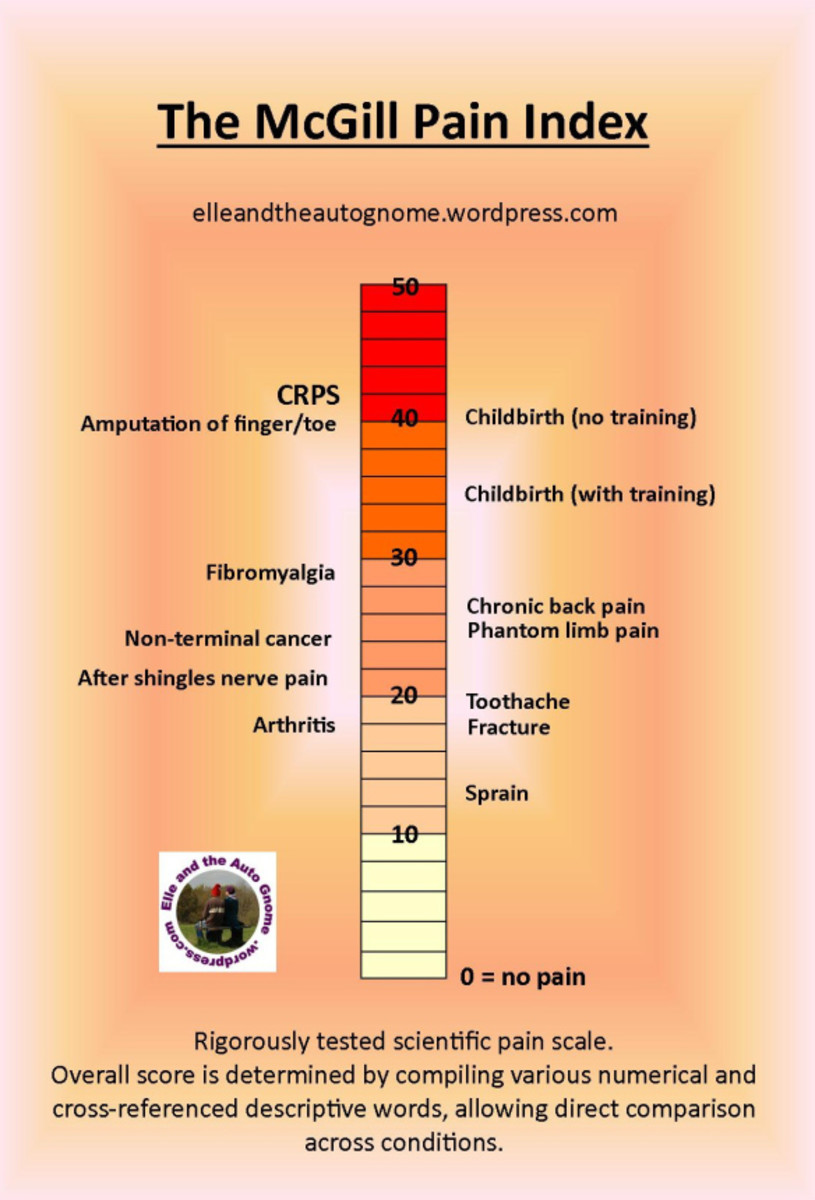What Makes You Tick? The Facts About Tourette Syndrome

What is Tourette Syndrome?
Tourette Syndrome is a greatly misunderstood and stigmatized disorder. Those who suffer from it have been ridiculed, bullied, negatively judged, made to feel they were at fault, given very little support even in classroom settings, and suffer greatly with their self-image and self-esteem. Often times, others look at people who suffer from Tourette Syndrome and think they are purposely trying to make noises, yell things out, or make “weird” faces. This is simply not the case.
Tourette Syndrome (TS) is a neurological or brain disorder and is defined by motor and vocal tics (Ottinger, 2003). These tics are not only repetitive, but are also involuntary and usually rapid. In order to be diagnosed with TS, the individual must demonstrate at least two motor tics and one vocal tic. The tics must be present for at least a year and occur prior to age 21. The tics also do not have to happen at the same time. Symptoms of TS range from quite mild to very severe. However, most of those with Tourette Syndrome suffer from mild cases of the disorder. The normal progression of TS also differs from individual to individual.
Tourette Syndrome is a genetic disorder. There tends to be a predisposition to develop TS within families and this predisposition can be passed on in the generations (Marsh, 2007). If a parent has the TS gene, a child will have a 50% chance of inheriting the vulnerability. However, it is not guaranteed the child who inherits the gene will actually have Tourette Syndrome. Thirty percent of girls who acquire vulnerability do not show signs or symptoms of TS. For boys, it is 1% who do not show indications of the disorder(Marsh, 2007).
Symptoms of Tourette Syndrome can occur as early as the preschool years or earlier. Parents will often notice subtle, often modest differences in their child's behavior as compared to his or her peers (Marsh, 2007). Tics will often begin around age seven, but differs substantially. Often times children are misdiagnosed, not diagnosed at all, or given a diagnosis after years of a parent's concerns brought to the attention of medical experts.
Targets Of Ridicule Since Childhood

Tics
Again, tics are rapid, repetitive, and most importantly involuntary. They can be categorized as motor and vocal tics. Some motor tics include eye blinking, facial grimacing, head jerking, shoulder shrugging, and/or hand motions (Ottinger, 2003). Frequent vocal tics include throat clearing, grunting, sniffing, repeating words, and making loud noises (Marsh, 2007). These are not exclusive lists and both include many more possibilities.
There are simple and complex tics. Simple tics only involve one body part while complex tics involve a series of motion or complex movement that impact more than one muscle group (Ottinger, 2003). For example, simple tics are tics such as eye blinks, facial jerks, and shoulder shrugs. Examples of complex tics would be hopping, jumping, spinning, and obscene gestures (copropraxia).
Tics In Public

Tics are what stigmatized the disorder of Tourette Syndrome. When most people think of this disorder, they simply think about individuals shouting obscenities (coprolalia) which is a very rare tic in those who suffer from Tourette Syndrome. Many of those who suffer from Tourette Syndrome are extremely self-conscious about their tics. They may also be very aware and intolerant of any differences they have compared to their peers. This has a detrimental impact on their self-esteem and self-image and can occur at a very young age.
Tics are often described by those with Tourette Syndrome as feeling similar to being bitten by thousands of mosquitoes or red ants and trying not to itch the bites. There is an awareness of tension building up within themselves, sometimes within the part of the body in which the tic occurs. There are often feelings of anxiety, tightening of muscles, and a feeling that he or she might “explode.” Many individuals attempt to suppress the tic, but this simply adds more tension, anxiety, and frustration. Once the tics are released, there is also relief from the anxiety and tension.
Waxing and Waning
Like many things in nature and in life, there tends to be a cycle with tics. However, with Tourette Syndrome, there often lacks logical reasoning or a pattern to the cycle. Tics will often wax (increase and worsen) and wane (lessen in severity and frequency). Tics can change in intensity, rate, and in location. They will often start at the head and work down the trunk of the body as he or she matures (Ottinger, 2003). Tics can wax especially during times of stress (good and bad), anxiety, lack of sleep, and even seasonal changes.
Feeling Awkward and Different

Social Stigma and Stereotypes
One of the most difficult issues for those who suffer from TS, besides the tics which can sometimes be violent and painful, is the difficulty fitting in with their peers and everyday society. Since Tourette Syndrome carries such a negative connotation to it's name, many sufferers do not want anyone to know they have the disorder. They work very hard to suppress their tics which many times increases anxiety, tension, and will eventually create an explosion of tics later on.
Often times, especially as they are children, individuals with TS hear so many negative comments about their behavior and symptoms that they begin to feel they are bad people. Others often believe or misinterpret vocal and motor tics as either intentional misbehavior or nervous mannerisms. There is usually the misconception that those with TS can control their tics, especially since the tics do wax and wane. Feelings of disliking themselves, wanting to be someone else, and wanting to be like everyone else so they can just fit in may be verbalized.
There are also many other neurological disorders that individuals with TS suffer from as well. This is termed Tourette Syndrome Plus, which I will address in a future blog. Issues and symptoms are compounded and difficult to discern which are causing more of a problem for the individual. With more disorders, comes more complications for the individual's social, emotional, and academic development.
I Have Tourette's, But Tourette's Doesn't Have Me
Tourette Syndrome Facts
-
TS is a neurological and genetic disorder.
-
To be diagnosed with TS, both motor and vocal tics must be present.
-
Tics cannot be controlled by the individual with TS.
-
Coprolalia, the shouting of obscene words, is an unusual tic for TS sufferers.
-
Staring at a person who suffers from TS and tic disorders will often make tics worse for that person.
Support and Empathy

An Uphill Battle
Tourette Syndrome is much more than just tics. For every individual, it is a very different disorder characterized by different symptoms.TS is further complicated by the presence of other neurological disorders as well. For those who suffer from TS or are a parent of a child with TS, the struggle is agonizing. Whether you are the one who is stared at and talked about behind the hands of others, or you're the parent of that individual, it is an uphill battle that is fought to bring understanding, acceptance, and empathy to a world that has for way too long misjudged, ostracized, and stigmatized those with Tourette Syndrome.
Refences
- Ottinger, Becky. (2003). Tictionary. Kansas: Autism Asperfer Publishing Company.
-
Marsh, T. L. (2007). Children with tourette syndrome: A parent's guide. Maryland: Woodbine House.








